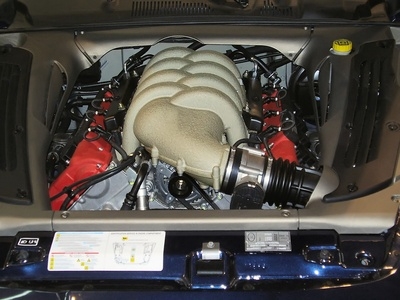
An engine's head gasket separates the engine block and the cylinder head. It seals the cylinders and protects against coolant and oil leakage. If a gasket breaks and fluids are allowed to escape, the engine will eventually overheat and can cause damage that can result in the need for repair or replacement. If a gasket breaks and leaks compression, your power and fuel economy will suffer.
When an engine overheats, the head gasket materials expand and sometimes crack. Once compromised, the gasket will leak coolant or compression and eventually the engine can stop working completely. Common causes of overheating include loss of coolant due to leaky hoses or a clogged filter or radiator.
Cars are not made to run forever, and eventually the head gasket will wear and can crack. Taking good care of your vehicle and maintaining fluid levels can increase the life of your head gasket and engine.
A number of installation issues can cause a head gasket to be improperly sealed. If your engine was worked on recently and you experience a head gasket failure, it's possible that something was done incorrectly during the repairs. Head gaskets need to be installed in a particular sequence using the proper tools and to the correct calibration or they can leak and crack.
Occasionally, a manufacturer oversight will cause a gasket to be approved even though it is substandard. The materials can wear over time or suddenly crack. Check with the dealer or search for known issues for your vehicle. Don't miss regularly scheduled maintenance and check fluid levels often so that if a problem develops it can be addressed before the entire engine is lost.